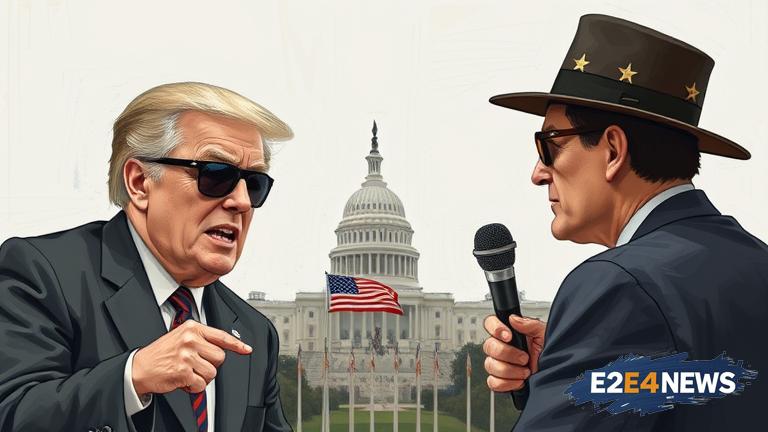The article in question, published on July 14, 2025, delves into the world of libertarian satire, where the lines between humor and serious commentary are often intentionally blurred. This genre of satire has been a staple of libertarian discourse, allowing proponents to critique societal norms and political ideologies through irony and exaggeration. However, the article highlights how this form of expression can sometimes be misconstrued as promoting vague conspiracies. The libertarian movement, known for its advocacy of individual freedom and limited government intervention, has a complex relationship with satire. On one hand, satire provides a powerful tool for libertarians to challenge mainstream political thought and advocate for their beliefs in an engaging and thought-provoking manner. On the other hand, the ambiguity inherent in satire can lead to misunderstandings, where satirical content is taken at face value and spread as factual information. This phenomenon is not unique to libertarians but is particularly pertinent within this group due to its skepticism of centralized authority and propensity to question established narratives. The spread of misinformation, whether intentional or not, can have significant consequences, contributing to the erosion of trust in institutions and the polarization of political discourse. The article cites several examples where satirical pieces were shared and believed by some as factual, leading to confusion and, in some cases, the reinforcement of conspiracy theories. Despite these challenges, many libertarians argue that satire remains a vital component of their political expression, allowing for creative and impactful critique of the status quo. They emphasize the importance of critical thinking and media literacy, suggesting that consumers of information must be discerning and aware of the context in which content is presented. Critics, however, point out that the onus should not solely be on the reader, and that creators of satirical content have a responsibility to ensure their work is clearly distinguishable from factual reporting. The debate underscores the complexities of political discourse in the digital age, where information spreads rapidly and context can be easily lost. As social media platforms continue to evolve, the distinction between satire and serious commentary will remain a critical issue, not just for libertarians, but for the broader political landscape. The article concludes by noting that while satire can be a powerful tool for social commentary, its potential to misinform highlights the need for a nuanced understanding of the information we consume and the importance of clear communication in political discourse. Ultimately, the balance between using satire as a means of critique and avoiding the spread of misinformation will be crucial in maintaining the integrity of political discussion. The libertarian satire, in its attempt to challenge and provoke thought, must walk a fine line between humor and clarity, ensuring that its message is conveyed effectively without contributing to the confusion and mistrust that vague conspiracies can foster.
